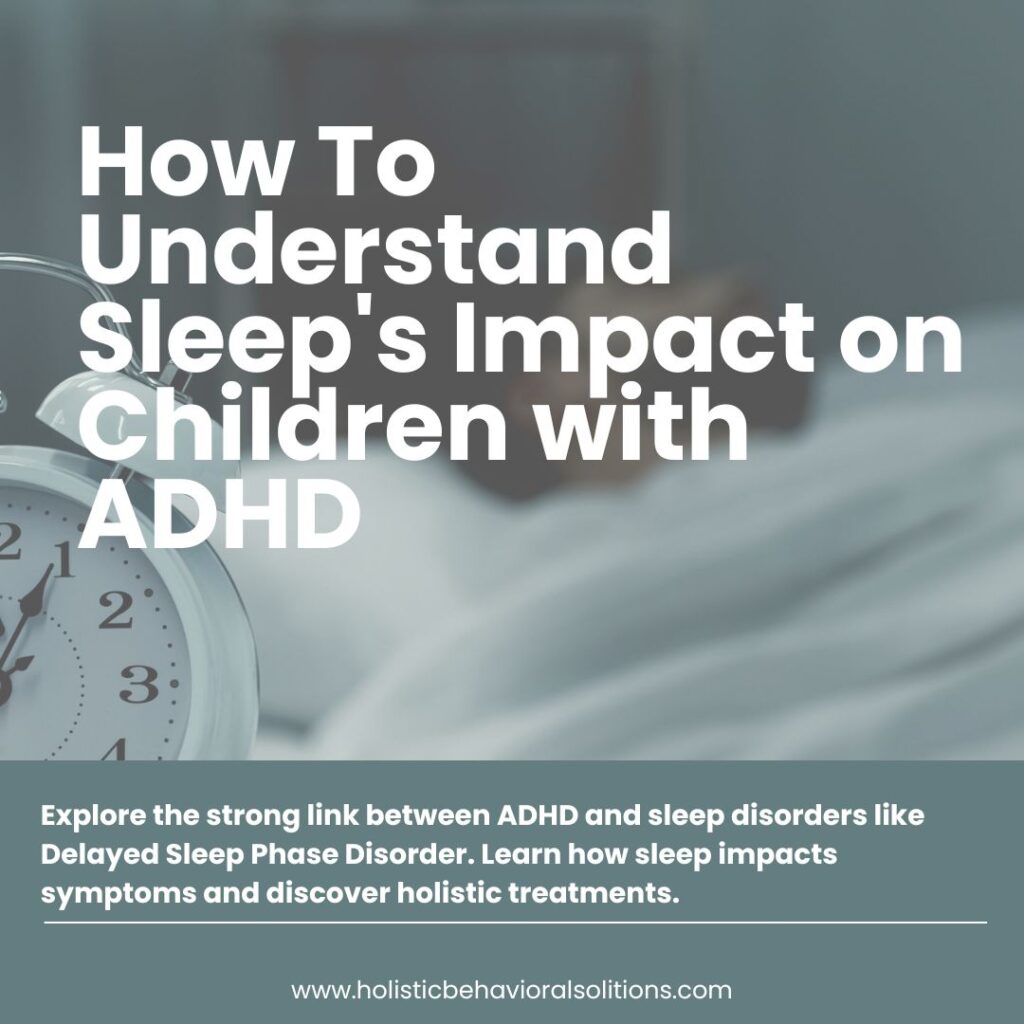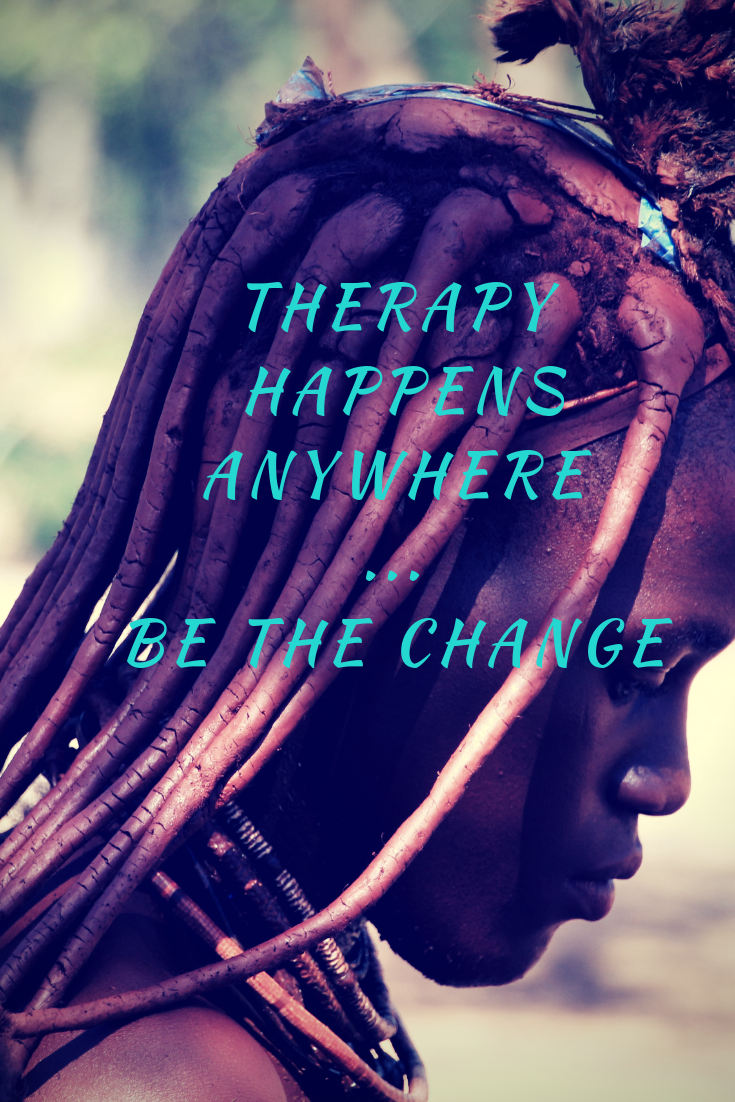
ADHD and Sleep Disorders: Understanding the Overlap with Delayed Sleep Phase Disorder
Attention-Deficit/Hyperactivity Disorder (ADHD) is well-known for its core symptoms: inattention, hyperactivity, and impulsivity. But there’s another side to this complex condition that often goes unrecognized—its strong link to sleep disorders, particularly Delayed Sleep Phase Disorder (DSPD).
Studies suggest that 73–78% of people with ADHD experience symptoms consistent with DSPD, a circadian rhythm disorder that disrupts the body’s internal sleep-wake cycle. Understanding this connection is essential to developing more effective, whole-person approaches to ADHD treatment.
The ADHD–Sleep Link: More Than Just a Side Effect
Sleep disorders aren’t just co-occurring conditions—they’re connected with the biological and behavioral patterns of ADHD. This relationship is bidirectional: ADHD can make it harder to sleep, and chronic sleep problems can worsen ADHD symptoms.
These overlaps are not coincidental. They may stem from shared genetic and neurological pathways, as well as behavioral factors like screen use, poor sleep hygiene, and environmental overstimulation.
Related topic: How Executive Functioning Affects Sleep in Neurodivergent Adults
How Circadian Rhythms Affect ADHD
The circadian rhythm is your brain’s natural 24-hour clock that tells you when to sleep and wake. In individuals with ADHD, this rhythm is often delayed, leading to late-night alertness and difficulty waking up in the morning.
This pattern, characteristic of DSPD, creates a cycle of sleep deprivation that can make focus, emotional regulation, and executive functioning even more difficult during the day. Children, teens, and adults with ADHD often report trouble falling asleep, staying asleep, and feeling rested—core symptoms of circadian misalignment.
What Causes the Sleep Delay in ADHD?
Research points to several overlapping pathways that link ADHD and delayed sleep:
- Genetic predispositions affecting dopamine and melatonin regulation
- Daylight exposure and screen time, which can suppress natural melatonin release
- Behavioral patterns like irregular routines and overstimulation
- Ocular differences, such as light sensitivity, that disrupt circadian cues
Together, these factors disrupt the timing of sleep, leading to chronic insomnia, irregular sleep-wake cycles, and heightened ADHD symptoms.
Learn more: Sleep and Circadian Disruption in ADHD: A Review
Treatment Options: A Holistic Approach to ADHD and Sleep
Treating ADHD without addressing underlying sleep disorders may leave major symptoms unaddressed. Effective treatment plans now include sleep-focused strategies such as:
- Sleep hygiene education (reducing screens, consistent bedtime, dark environments)
- Chronotherapy, which gradually adjusts sleep timing
- Melatonin supplementation (under professional guidance)
- Neurofeedback therapy, targeting sensorimotor rhythm to promote restorative sleep
- Light therapy, used to reset circadian rhythms naturally
These strategies work to regulate the brain’s sleep patterns and enhance cognitive, behavioral, and emotional stability during waking hours.
Looking for natural support? Explore our Sleep and Focus Supplements in the Holistic Store.
Rethinking ADHD Through a Sleep-Focused Lens
The growing body of research suggests that a significant subgroup of individuals diagnosed with ADHD may actually have sleep disorders at the core of their symptoms. This raises a critical question: Should we redefine how we diagnose and treat ADHD?
By addressing sleep disruption as a root cause, especially in those with delayed circadian rhythms, we may be able to reduce the intensity of ADHD symptoms—and even reevaluate some diagnoses altogether.
Our Conclusion: Why Sleep Must Be Part of the ADHD Conversation
The relationship between ADHD and sleep, particularly Delayed Sleep Phase Disorder, challenges traditional treatment paradigms. Rather than treating ADHD in isolation, clinicians and caregivers must begin viewing sleep and circadian health as integral to neurodevelopmental support.
By incorporating sleep-focused treatments and acknowledging the role of DSPD, we open the door to more personalized, effective, and compassionate care for individuals with ADHD.
Sleep is not a luxury; it’s a neurological necessity. For those living with ADHD, the right sleep strategies could change everything.
Support Rest and Recovery with Natural Tools
Getting quality sleep isn’t always easy, but it’s essential—especially for neurodivergent minds. Visit our Holistic Store to discover natural supplements that support healthy sleep cycles, cognitive clarity, and emotional balance.

